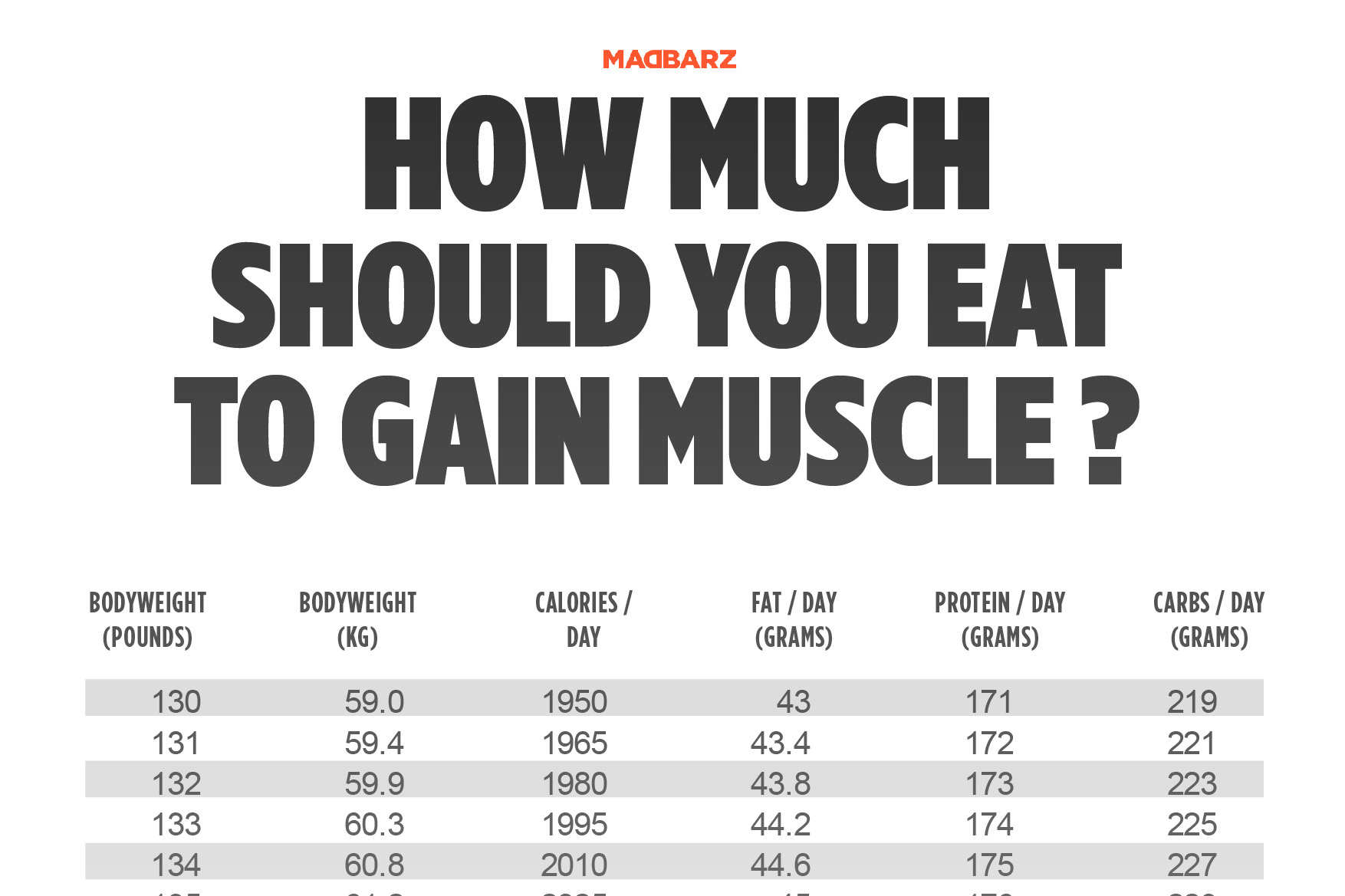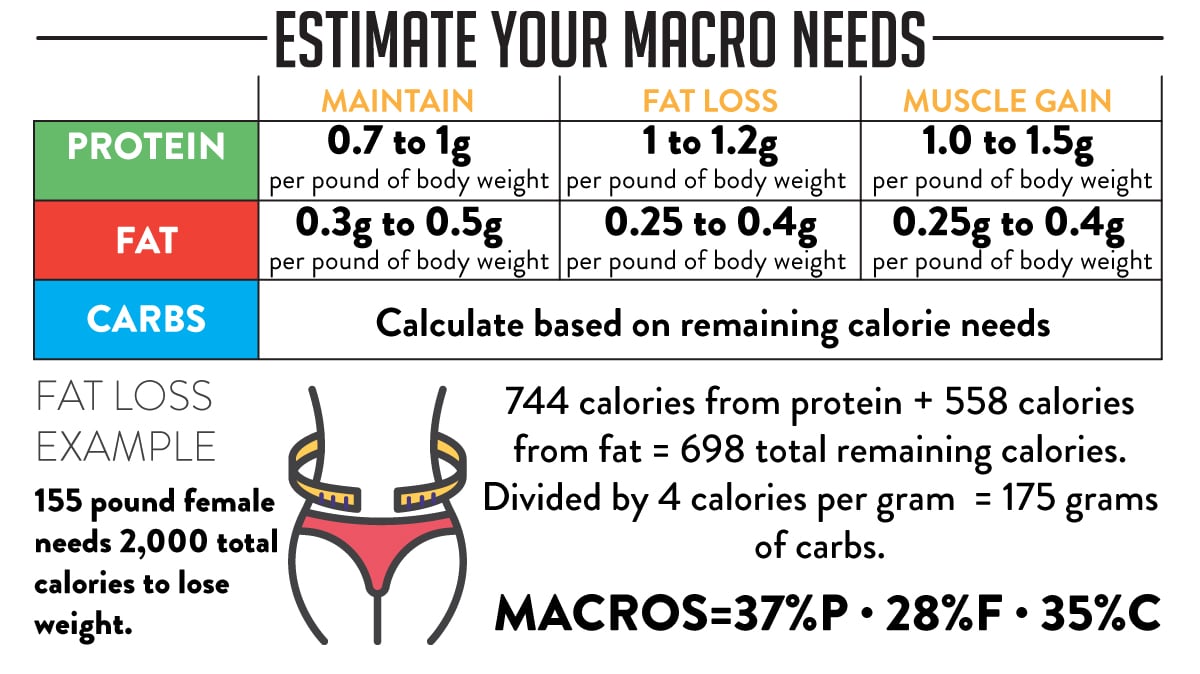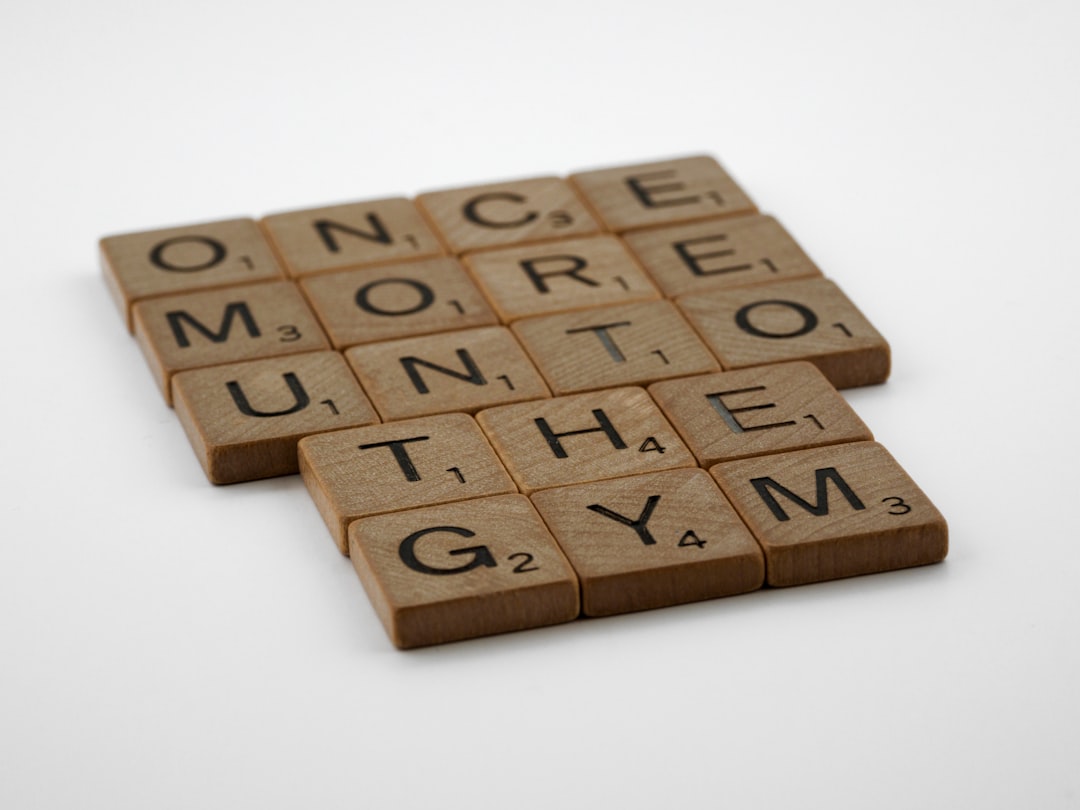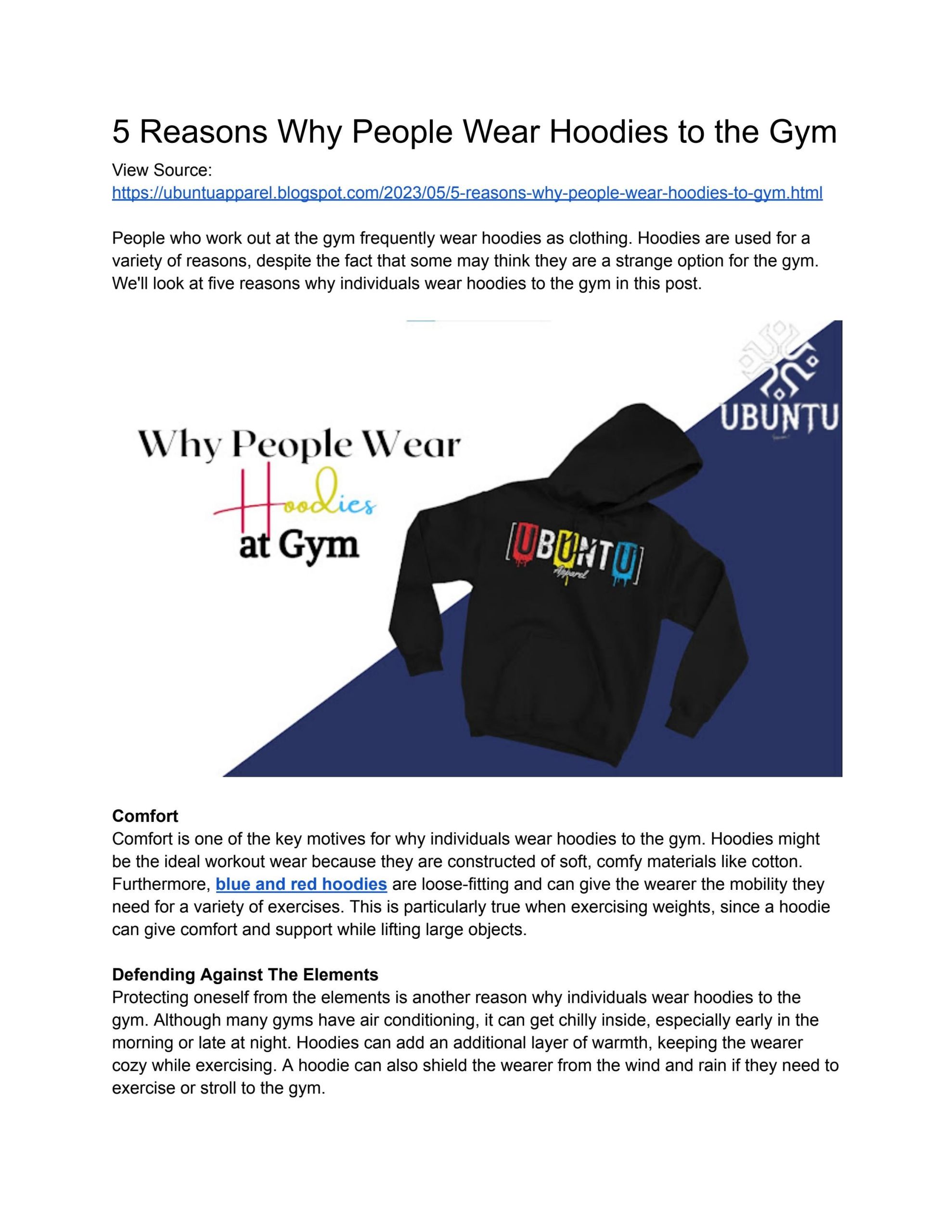Are you hitting the gym regularly but not seeing the muscle gains you desire? It might be time to look beyond your workout routine and focus on what you’re fueling your body with.
You might be surprised to learn that building muscle isn’t just about lifting weights—it’s also about consuming the right amount of calories. But how many calories do you actually need to pack on muscle without gaining unwanted fat? The answer isn’t one-size-fits-all, and that’s what makes it so intriguing.
By understanding the science behind calorie intake and muscle growth, you’ll unlock the secret to achieving your fitness goals. Dive into this article to discover how to optimize your diet for muscle building, and transform your hard work at the gym into visible, powerful results. Don’t miss out on learning this key aspect of fitness that could be the game-changer you’ve been looking for.
Caloric Needs For Muscle Growth
Building muscle requires more than just lifting weights. Your body needs extra calories. These calories provide the energy for muscle repair and growth. Without enough calories, gaining muscle becomes challenging. Understanding your caloric needs is essential for effective muscle building.
Understanding Your Basal Metabolic Rate (bmr)
The Basal Metabolic Rate, or BMR, is crucial. It represents the calories your body uses at rest. Knowing your BMR helps determine your daily caloric intake. You can calculate BMR using age, weight, height, and gender.
Adding Calories For Muscle Growth
To build muscle, you need a calorie surplus. This means consuming more calories than your body burns. A common approach is to add 250 to 500 extra calories daily. This range supports muscle gain without excessive fat gain.
Balancing Macronutrients
Caloric intake isn’t just about numbers. It’s also about macronutrient balance. Protein is vital for muscle repair and growth. Carbohydrates provide energy for workouts. Fats support hormone production and overall health.
Monitoring Progress And Adjusting Intake
Track your progress regularly. Adjust your caloric intake based on results. If muscle gain is slow, consider increasing calories slightly. If fat gain is rapid, reduce the surplus. Consistent monitoring ensures you’re on the right path.

Credit: www.fitfatherproject.com
Factors Affecting Caloric Requirements
Building muscle requires understanding calorie needs. Age, weight, and activity level influence caloric intake. Eating enough protein and carbs helps muscles grow effectively.
Understanding how many calories you need to build muscle is crucial for anyone embarking on a fitness journey. While calorie intake is often associated with weight loss, it plays an equally significant role in muscle gain. Several factors influence your caloric requirements, making it essential to tailor your intake to your unique situation.Age And Metabolism
As you age, your metabolism naturally slows down. This means that your body requires fewer calories to maintain its current weight. A 20-year-old will likely have a higher caloric requirement compared to someone in their 50s. I remember when I hit my 30s, I couldn’t rely on the same diet that worked in my 20s to gain muscle. Adjusting your calorie intake as you age is key to effective muscle building.Gender Differences
Men and women have different caloric needs due to variations in muscle mass and hormonal levels. Typically, men have more muscle mass and can burn more calories at rest. Women, however, need to be mindful of their caloric intake to support muscle growth while balancing fat loss. A female friend of mine discovered she needed to tweak her diet when she started weightlifting, consuming more protein-rich foods to meet her muscle-building goals.Current Fitness Level
Your current fitness level plays a significant role in determining your caloric needs. If you’re new to exercise, your body will require more calories to adapt and grow. On the other hand, seasoned athletes might need fewer additional calories to see continued gains. When I first started lifting weights, I had to increase my caloric intake significantly to support my new activity level. Are you eating enough to match your current fitness ambitions? Understanding these factors can help you tailor your diet to your specific needs. Are you ready to adjust your calorie intake to fuel your muscle-building journey?Calculating Your Caloric Intake
Determining the right caloric intake is essential for muscle building. Calculate by considering factors like age, weight, and activity level. Aim to consume more calories than you burn to support muscle growth effectively.
Calculating your caloric intake is crucial when you’re on a mission to build muscle. It’s not just about eating more but eating right. You need to understand how many calories your body requires to function at rest and how much additional energy you need for your daily activities. This knowledge helps you create a balanced diet that supports muscle growth without unnecessary weight gain.Basal Metabolic Rate (bmr)
Your Basal Metabolic Rate (BMR) is the number of calories your body needs at rest to maintain vital functions like breathing and circulation. Think of it as the calories you’d burn if you stayed in bed all day. Calculating your BMR gives you a baseline of your calorie requirements. To find your BMR, you can use the Harris-Benedict equation. It considers your age, gender, weight, and height. For example, a 30-year-old male weighing 70 kg and 175 cm tall will have a different BMR than a 30-year-old female of the same height and weight. Once you know your BMR, you can better estimate your overall caloric needs.Total Daily Energy Expenditure (tdee)
Total Daily Energy Expenditure (TDEE) is the total number of calories you burn in a day, including all activities. This includes everything from your morning jog to your daily office work. Knowing your TDEE is crucial for understanding how many calories you need to build muscle effectively. To calculate your TDEE, multiply your BMR by an activity level factor. This factor ranges from sedentary (little or no exercise) to very active (intense exercise or physical job). If you’re moderately active, you might multiply your BMR by 1.55. Are you hitting the gym several times a week? You’ll need more calories than someone who isn’t. So, how many calories do you need to build muscle? Once you have your TDEE, you can add a surplus to support muscle growth, usually around 250-500 additional calories per day. Are you eating enough to fuel your progress? Keep track of your intake and adjust as needed to ensure you’re hitting your muscle-building goals. Understanding and calculating your caloric needs is empowering. It’s not just about numbers but about optimizing your body’s potential for growth. What could happen if you tailored your intake to your specific needs? The results might surprise you.Surplus Calories For Muscle Gain
Building muscle requires more than just lifting weights. Consuming the right amount of surplus calories is crucial. Your body needs extra fuel to repair and grow muscles after workouts. But how much extra is enough? Eating too much can lead to unwanted fat gain. Eating too little may not support muscle growth. Understanding the balance is key.
Determining The Right Surplus
The right calorie surplus varies for everyone. It depends on factors like age, weight, and activity level. A common recommendation is a daily surplus of 250 to 500 calories. This range supports muscle growth while minimizing fat gain. Tracking your progress helps. Adjust calorie intake based on results and goals.
Balancing Growth And Fat Gain
Gaining muscle without too much fat requires balance. Focus on nutrient-dense foods. Include proteins, healthy fats, and carbohydrates. These provide energy and support muscle repair. Monitor your body composition regularly. Use tools like skinfold calipers or bioelectrical impedance scales. This helps ensure muscle gain without excessive fat.
Avoid quick fixes or extreme calorie surpluses. They may lead to more fat than muscle. Patience and consistency yield better results. Remember, muscle building is a gradual process.
Macronutrient Distribution
Building muscle requires a balanced approach to nutrition. Macronutrient distribution plays a key role in ensuring your body gets the right fuel. Proteins, carbohydrates, and fats each have unique contributions to muscle growth. Understanding how each macronutrient supports your goals can help you optimize your diet.
Role Of Proteins
Proteins are the building blocks of muscles. They repair and grow muscle tissues. Consuming enough protein is crucial for muscle synthesis. Aim for protein sources like lean meats, eggs, and legumes. These foods provide essential amino acids. Regular protein intake supports muscle recovery and growth.
Importance Of Carbohydrates
Carbohydrates are vital for energy. They fuel your workouts and aid recovery. Include complex carbs like brown rice and oats. They provide sustained energy and help replenish glycogen stores. Carbs also enhance protein absorption, promoting muscle repair.
Healthy Fats For Energy
Fats are important for hormone production and energy. They support muscle building by providing calories. Opt for healthy fats like avocados, nuts, and olive oil. These fats help maintain energy levels and support overall health. Balance your fat intake to avoid excess calories.
Meal Timing And Frequency
Eating at the right times can help build muscle effectively. Consuming enough calories is key to muscle growth. Regular meals spread throughout the day provide steady energy and support recovery.
Building muscle isn’t just about hitting the gym; it’s also about how you fuel your body. Meal timing and frequency play a crucial role in your muscle-building journey. Eating the right foods at the right times can enhance your workout results and help you gain muscle more effectively.Pre And Post-workout Nutrition
What you eat before and after your workout can make a significant difference. Consuming a mix of carbs and protein about 30 minutes to an hour before you exercise provides the energy your muscles need. A banana with a spoonful of peanut butter or a small smoothie can be perfect pre-workout snacks. After your workout, your muscles are primed to absorb nutrients. This is your window to replenish glycogen stores and kickstart muscle repair. A balanced meal with protein and carbs, like grilled chicken with quinoa or a protein shake with a piece of fruit, can help maximize recovery and growth.Strategic Meal Spacing
Eating consistently throughout the day keeps your energy levels stable and helps your muscles grow. Aim to eat every 3 to 4 hours to ensure a steady supply of nutrients. This doesn’t mean large meals; smaller, balanced meals or snacks can be effective. Consider how you space your meals. A protein-rich breakfast, a mid-morning snack, lunch, an afternoon snack, dinner, and a pre-bedtime snack can keep your metabolism active. This routine not only supports muscle growth but also prevents overeating. Have you ever noticed how sluggish you feel after skipping meals? Keeping your body fueled at regular intervals helps maintain energy and focus, crucial for both workouts and recovery. What strategies will you try to enhance your muscle-building nutrition?Monitoring Progress And Adjustments
Tracking calorie intake is crucial for muscle growth. Adjust your diet based on your progress. Ensure you’re consuming enough calories to support muscle building. Regularly assess your body’s response and make necessary changes for optimal results.
Building muscle is not just about lifting weights; it’s also about monitoring your progress and making necessary adjustments. How do you know if you’re on the right track with your calorie intake? Let’s explore effective strategies to keep you progressing toward your muscle-building goals.Tracking Weight And Measurements
Regularly tracking your weight and measurements is crucial. This helps you understand if your current calorie intake supports muscle growth. Weigh yourself weekly and take measurements of your chest, arms, waist, and thighs. Keep a dedicated journal or use apps to record these numbers. Notice any changes over a few weeks. Are you gaining muscle, maintaining, or losing weight? Your body might not always show changes on the scale, but measurements can reveal subtle shifts. Pay attention to how your clothes fit. These small details can offer big insights into your progress.Adjusting Caloric Intake
If your progress stalls, it might be time to tweak your calorie intake. Slightly increasing your calories can reignite muscle growth. Aim for a 5-10% increase and monitor how your body responds over a few weeks. On the other hand, if you’re gaining more fat than muscle, consider reducing your calorie intake. Adjust by decreasing your daily calories slightly, ensuring that you maintain adequate protein to preserve muscle mass. Stay flexible with your diet. Your body and its needs can change, especially as you build more muscle. Are you ready to adjust and keep pushing toward your goals? Tracking and adjusting are essential components of a successful muscle-building journey. What works for someone else might not work for you, so embrace your unique path and keep moving forward.
Credit: www.madbarz.com
Common Mistakes To Avoid
Understanding calorie needs is crucial for muscle growth. Many people misjudge how many calories they need, leading to either gaining excess fat or not building muscle effectively. Keeping track of calorie intake and adjusting based on progress helps avoid common pitfalls and achieve desired muscle-building results.
Building muscle requires not just dedication in the gym but also careful attention to your diet. Many people make common mistakes that hinder their progress, often without realizing it. Knowing what to avoid can save you time and help you achieve your muscle-building goals more efficiently. Let’s dive into some of these pitfalls.Overeating And Underestimating
One of the biggest mistakes people make is overeating, thinking more food equals more muscle. While you do need extra calories to fuel muscle growth, there’s a fine line between consuming enough and overdoing it. Eating excessively can lead to unwanted fat gain. On the flip side, you might underestimate the calories you need. This can stall your progress. Use a calorie calculator to find your maintenance level, then add a reasonable surplus. It’s about balance, not extremes.Neglecting Nutrient Quality
Focusing solely on calories can lead you to neglect nutrient quality. Not all calories are equal. Eating junk food for extra calories might seem easy, but it won’t provide the essential nutrients your muscles need. Consider the quality of what you eat. Are you getting enough protein, vitamins, and minerals? Incorporate diverse sources like lean meats, fish, and legumes. These offer nutrients essential for muscle repair and growth. How often do you evaluate the nutritional value of your meals? It’s not just about counting calories but ensuring those calories contribute positively to your muscle-building efforts. Analyzing your diet can make a significant difference.
Credit: www.facebook.com
Frequently Asked Questions
Is 2500 Calories Enough To Build Muscle?
2500 calories may be sufficient for muscle building, depending on individual factors like metabolism and activity level. Adjust caloric intake based on personal needs. Consuming adequate protein and engaging in strength training are crucial for effective muscle growth. Consult with a nutritionist for personalized advice.
How Many Calories Do I Need To Eat To Build Muscle?
To build muscle, consume 250-500 extra calories daily. Aim for a balanced diet with protein, carbs, and healthy fats. Adjust based on your activity level and body composition.
How Many Calories Do I Need To Build Muscle?
To build muscle, you need a calorie surplus. Generally, aim for 300-500 extra calories daily. This supports muscle growth and repair. Adjust based on your activity level and body composition. Monitor progress and tweak intake as needed. Consult a nutritionist for personalized advice.
Can I Build Muscle With A Calorie Deficit?
Building muscle with a calorie deficit is challenging. Muscle growth requires a surplus of calories. Focus on protein-rich foods and strength training. It’s possible to gain strength, but muscle growth is limited. Prioritize maintaining muscle mass during weight loss.
Conclusion
Building muscle requires a balanced calorie intake. Eating more than you burn helps muscle growth. Choose foods rich in proteins, healthy fats, and carbs. Pay attention to portion sizes. Track progress and adjust calories as needed. Listen to your body and give it enough rest.
Stay consistent with workouts and nutrition plans. Small changes can lead to great results over time. Remember, patience is key. Building muscle takes time and effort. Keep your goals in sight and stay committed. Healthy habits will support your muscle-building journey.
Keep learning and adapting along the way.




